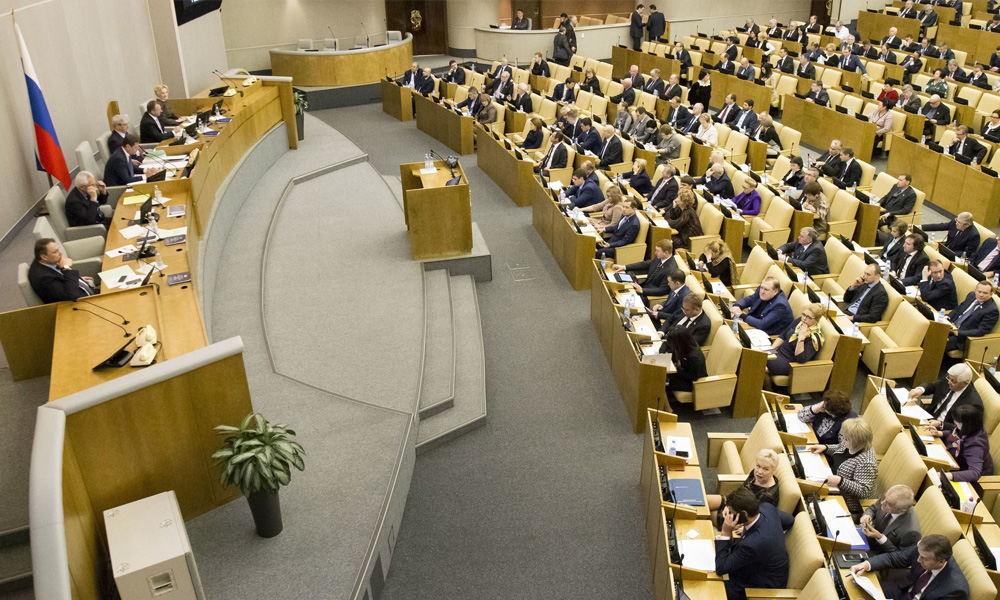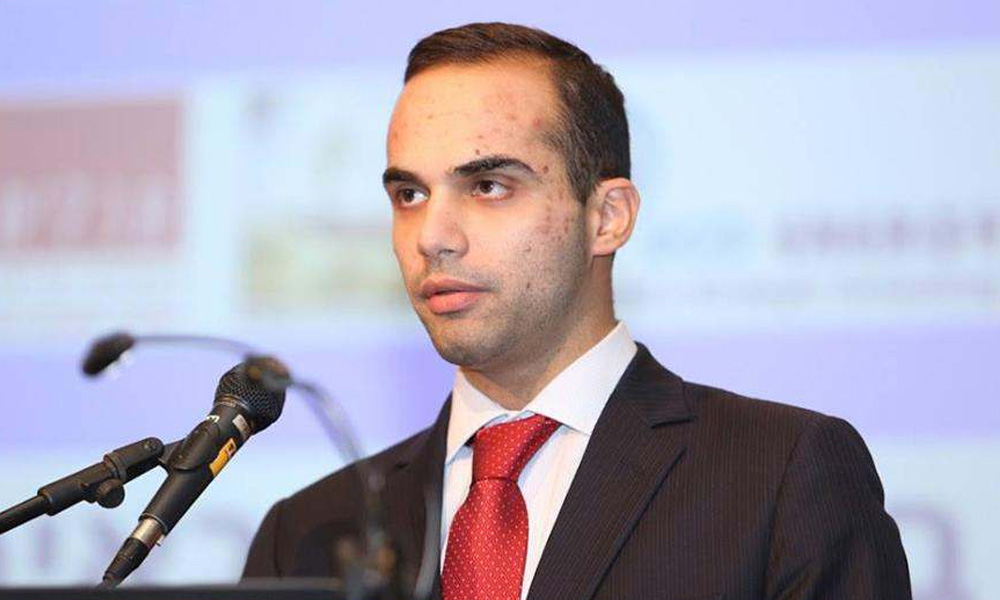The following is a chronology of contacts, according to court documents unveiled on Monday, between former Trump campaign adviser George Papadopoulos, individuals claiming links to senior Moscow officials and top Trump campaign advisers.
Papadopoulos, a Chicago-based international energy lawyer, pleaded guilty to lying to FBI agents about contacts with people who claimed to have ties to top Russian officials, in the first criminal charges alleging links between the campaign and Moscow, according to the court documents released on Monday.
The White House has played down Papadopoulos' campaign role, saying it was "extremely limited" and that he was a volunteer.
2016
Early March - Papadopoulos, who was living in London at the time, learns he would be an adviser to Republican Donald Trump's presidential campaign.
On or about March 6 - Papadopoulos, based on a conversation with a "Campaign Supervisor," learns that a principal foreign policy focus of the campaign was "an improved US relationship with Russia."
On or about March 14 - Papadopoulos meets in Italy with an unidentified foreign professor who shows little interest in him until Papadopoulos mentions he will be joining the Trump campaign. The professor then mentions that he has high-level Russian government connections.
On or about March 24 - Papadopoulos meets in London with the professor, who is accompanied by an unidentified Russian woman introduced as a relative of Russian President Vladimir Putin with connections to senior Russian officials. The woman, in fact, is no relation to Putin.
Papadopoulos emails an unidentified Trump campaign supervisor and several Trump foreign policy advisers to say that he had met with the professor, Putin's niece and the Russian ambassador to Britain (who was not actually present) to discuss a meeting with Russian leaders on US-Russia ties under a Trump administration.
March 31 - Papadopoulos attends a national security policy meeting in Washington at which Trump and other top foreign policy advisers are present. Papadopoulos tells the session that he has connections that could help arrange a Trump-Putin meeting.
On or about April 10 - Papadopoulos emails the Russian woman, who responds the following day that she "would be very pleased to support your initiatives between our two countries."
Papadopoulos, in an email copied to the professor, asks the Russian woman about setting up "a potential foreign policy trip to Russia."
On or about April 11 - The professor emails Papadopoulos that a trip to Russia "is already been agreed" and that he would be flying to Moscow on April 18 to attend a conference and meetings at the Russian parliament.

The Russian woman also replied, saying: "The Russian Federation would love to welcome him (Trump) once his candidature is officially announced."
On or about April 18 - The professor introduces Papadopoulos via email to an individual in Moscow who said he had connections to the Russian Ministry of Foreign Affairs, or MFA.
Papadopoulos and the individual have multiple conversations through Skype and emails over the next weeks about setting the "groundwork" for a possible meeting between the Trump campaign and Russian officials.
On or about April 22 - The Russian MFA connection emails Papadopoulos proposing to meet him in London or Moscow. Papadopoulos proposes a meeting in London that includes the Russian ambassador to Britain.
On or about April 25 - Papadopoulos emails an unnamed senior Trump campaign foreign policy adviser that the Russian government has offered an "open invitation" from Putin to Trump for a meeting.

On or about April 26 - The professor informs Papadopoulos (photo) at a breakfast in London that he had met with high-ranking Russian officials during a visit to Moscow and that the Russians had "dirt" on Democratic presidential candidate Hillary Clinton in the form of "thousands of emails."
On or about April 27 - Papadopoulos informs the senior Trump campaign policy adviser by email that he had received "interesting messages" from Moscow "about a trip when the time is right." Papadopoulos also sends a similar email to an unnamed high-ranking Trump campaign official.
On or about May 4 - Papadopoulos forwards to the high-ranking Trump campaign official an email from the Russian MFA connection offering a meeting in Moscow to Papadopoulos with the Foreign Ministry's North America Desk. Papadopoulos asks: "What do you think?"
On or about May 13 - The professor emails Papadopoulos to say: "We will continue to liaise through you with the Russian counterparts in terms of what is needed for a high-level meeting of Mr. Trump with the Russian Federation."
On or about May 14 - Papadopoulos emails the high-ranking Trump campaign official to say that the Russian government has "also relayed to me that they are interested in hosting Mr. Trump."
On or about May 21 - Papadopoulos sends an email to another unidentified high-ranking Trump campaign official containing the May 4 email from the Russian MFA connection and adding that "Russia has been eager to meet Mr. Trump for some time."
On or about June 1 - Papadopoulos emails the unnamed Trump campaign supervisor to ask "what message" he should pass to the Russian Ministry of Foreign Affairs regarding the offer of a Trump-Putin meeting.
On or about June 19 - Papadopoulos informs the high-ranking Trump campaign official that the Russian MFA wanted to know if Papadopoulos or anyone else could come to Moscow if Trump could not. "I am willing to make the trip off the record," Papadopoulos writes.
On or about Aug 15 - The campaign supervisor encourages Papadopoulos and another unidentified Trump campaign foreign policy adviser to "make the trip" if it is "feasible." The proposed trip to Moscow by Papadopoulos did not take place.
2017
Jan 27 - Papadopoulos has an interview with the Federal Bureau of Investigation in which it was subsequently discovered that he made "material false statements and material omissions."
Feb 16 - The FBI has another interview with Papadopoulos. The next day, he deactivates his Facebook account. A few days later, he stops using his cellphone number and begins using a new one.
July 27 - Papadopoulos is arrested on his arrival at Dulles International Airport outside Washington.
- Reuters
Two ex-Trump aides charged in Russia probe, 3rd pleads guilty

